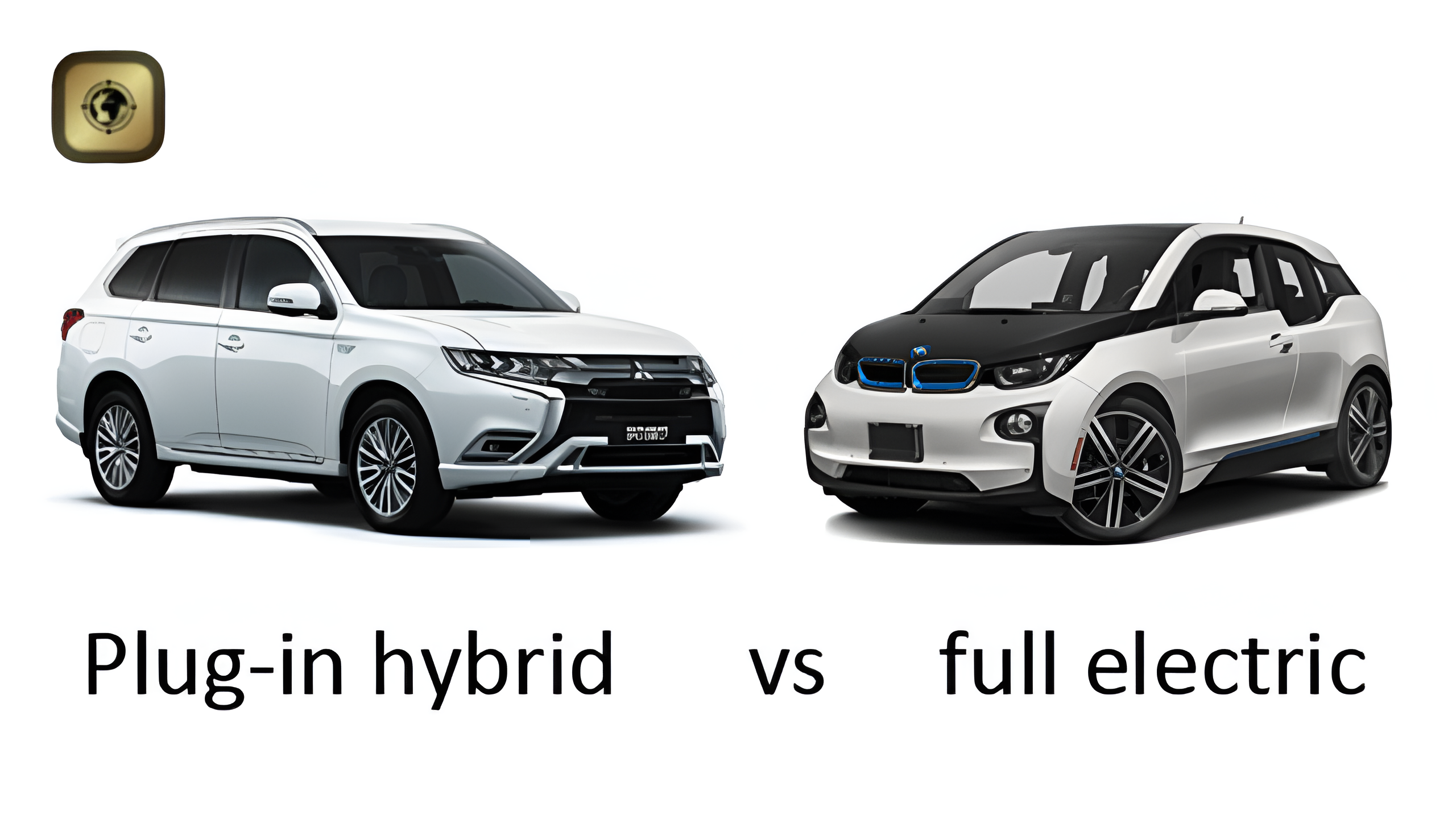March 27, 2025
The automotive industry is undergoing substantial changes as the world shifts toward a more environmentally friendly and sustainable future. Plug-in hybrid electric vehicles (PHEVs) and electric vehicles (EVs) are becoming increasingly popular alternatives to traditional gasoline-powered cars.
Many car buyers find EVs and PHEVs attractive due to their smooth and quiet driving experience, reduced operating costs, and zero or lowered exhaust emissions. However, it is important to consider various factors regarding the ownership of an EV or PHEV, such as comprehensive auto insurance.
Comprehensive car insurance coverage can provide vehicle owners with financial security and peace of mind by safeguarding them against theft, damage, and other risks. In this article, let us explore the key differences between EVs and PHEVs to help car buyers make an informed decision.
- What is an EV?
An electric vehicle (EV) operates entirely on electricity and features a battery that can be charged from an external power source. Since EVs lack internal combustion engines like traditional gasoline-powered vehicles, they produce no tailpipe emissions, making them an appealing option for environmentally conscious drivers.
EVs are known for their impressive performance and acceleration, as well as their quiet and comfortable driving experience. Furthermore, due to their lack of need for oil changes and fewer moving parts compared to conventional vehicles, they typically require less maintenance. Additionally, numerous insurance companies offer EV-specific car insurance policies, which may provide EV owners with additional benefits and savings. Many drivers view EVs as an attractive combination of performance, sustainability, and convenience.
- What is a PHEV?
A plug-in hybrid electric vehicle (PHEV) combines the advantages of gasoline and electric powertrains. Equipped with both an internal combustion engine and an electric motor, PHEVs can operate solely on electricity for a certain range, usually between 20 to 50 miles, before transitioning to gasoline.
Thanks to their versatility, PHEVs are an appealing choice for drivers seeking to minimize their environmental impact while still enjoying the convenience and range of a gasoline-powered vehicle. Since electricity is generally cheaper than gasoline, PHEVs also have the potential for lower operating costs.
Moreover, PHEVs are covered by comprehensive car insurance policies available from many insurance companies, which shield against theft, damage, and other risks. PHEVs offer a valuable and sustainable alternative to traditional gasoline-powered vehicles.
Difference Between EVs and PHEVs in India
Electric vehicles and plug-in hybrid electric vehicles mainly differ in their powertrain and operational mode in India. While PHEVs combine an electric motor with an internal combustion engine, allowing them to operate on electricity alone for a specified distance before switching to gasoline power, EVs are solely powered by electricity stored in a battery that can be charged from an external power source.
Another key difference is the cost of insurance; due to EVs having lower running costs and a reduced environmental impact, their third-party car insurance rates are generally more affordable. Furthermore, the Indian government offers subsidies and incentives for EVs, enhancing their attractiveness to environmentally conscious drivers. While EVs and PHEVs provide a more eco-friendly alternative compared to traditional gasoline vehicles, they cater to different needs and preferences.
- Which is Right for You: EV or PHEV?
Driving habits, budget constraints, and the accessibility of charging infrastructure are key factors to evaluate when deciding between an EV and a plug-in hybrid electric vehicle. An EV may be more suitable if you prioritize environmental sustainability, have a short daily commute, and can charge your vehicle at home.
Additionally, EVs often tend to be less expensive and require minimal maintenance, making them a more cost-effective option over time. However, a PHEV might be a more suitable choice if you desire the versatility of a petrol engine, frequently undertake long journeys, or do not have access to reliable charging facilities. Regardless of which option you choose, it is important to factor in the cost of third-party auto insurance, as premiums for EVs and PHEVs can vary considerably.
FAQs
- What is the primary distinction between an Electric Vehicle (EV) and a Plug-in Hybrid Electric Vehicle (PHEV)?
The primary distinction is that an EV operates entirely on electricity, whereas a PHEV includes both an electric motor and a gasoline engine. - Do EVs and PHEVs require distinct types of maintenance?
Yes, EVs generally require less maintenance than PHEVs since they have fewer moving components and do not need oil changes. However, PHEVs necessitate regular maintenance for both their electric and gasoline parts. - Are EVs and PHEVs qualified for the same government incentives?
While both EVs and PHEVs may qualify for certain government incentives, such as tax credits or rebates, the specific incentives and eligibility criteria can differ based on the location and vehicle type.
- Conclusion
Individual preferences, driving habits, and financial limitations influence the decision to select an electric or plug-in hybrid electric vehicle. PHEVs provide the versatility of both electric and petrol power, while EVs are generally more financially prudent and environmentally friendly.
Car insurance is one of the many factors associated with owning an EV or PHEV that needs to be taken into account, regardless of the choice made. Many insurance companies offer policies specifically tailored for EVs and PHEVs, which might include additional discounts and benefits.
By understanding the difference between EV and PHEV, individuals can make an educated decision that aligns with their requirements and lifestyle. They can also ensure they have the appropriate car insurance coverage to protect their investment.
Disclaimer: The information provided above is for illustrative purposes only. For more details, please consult the policy wordings and prospectus before completing the sales.



Leave A Comment